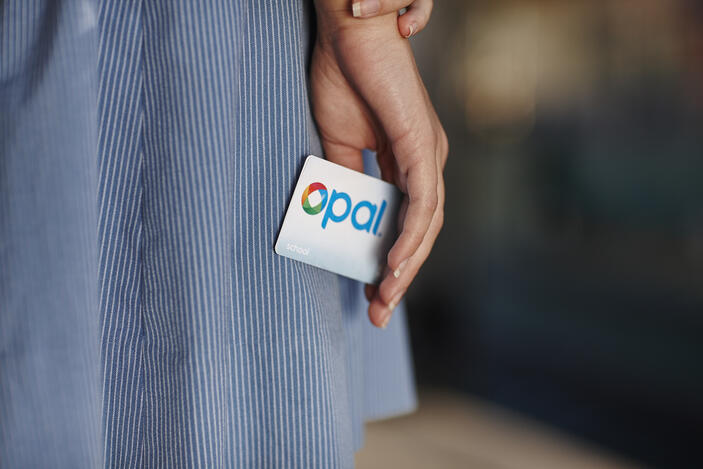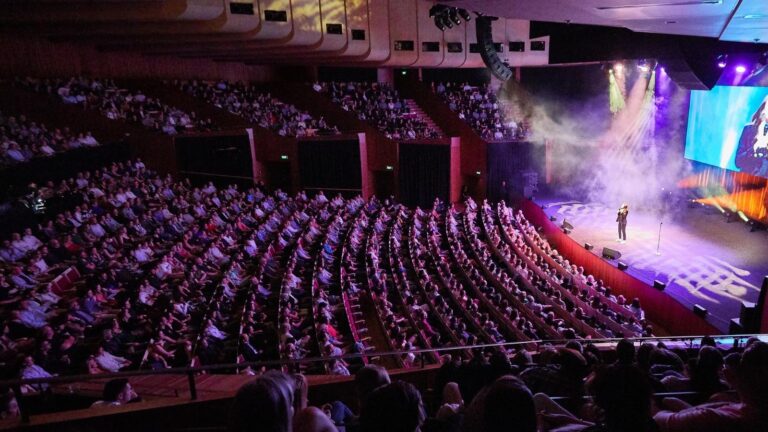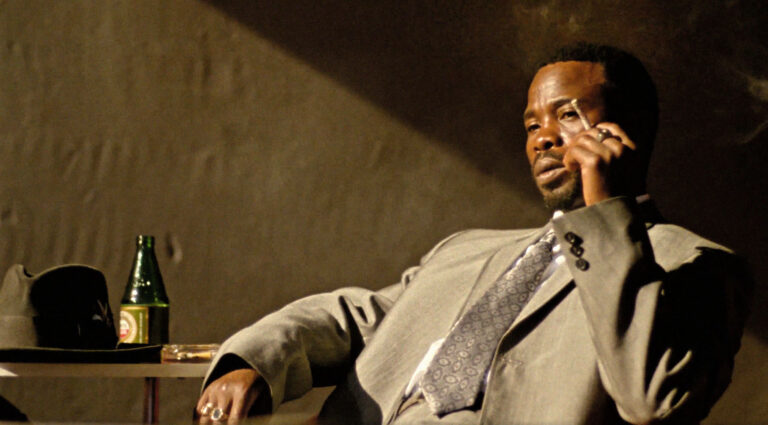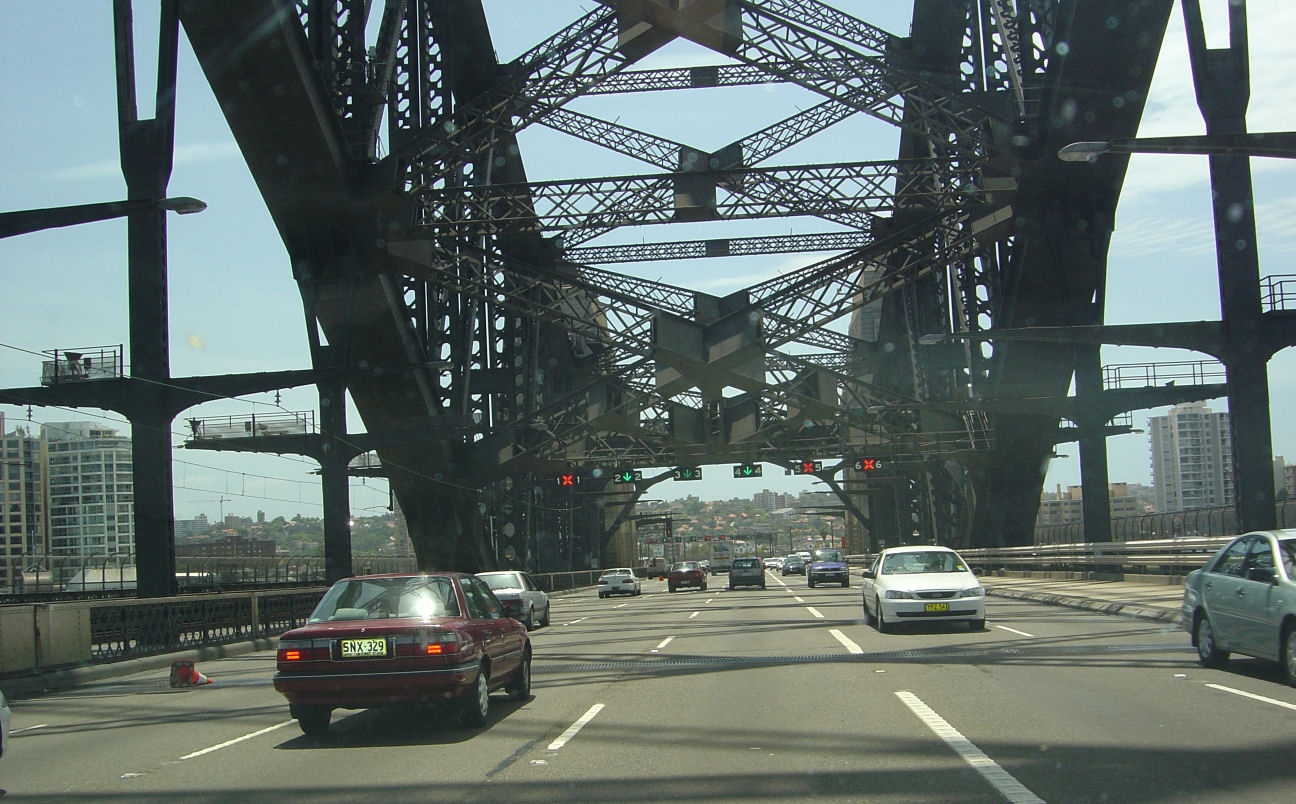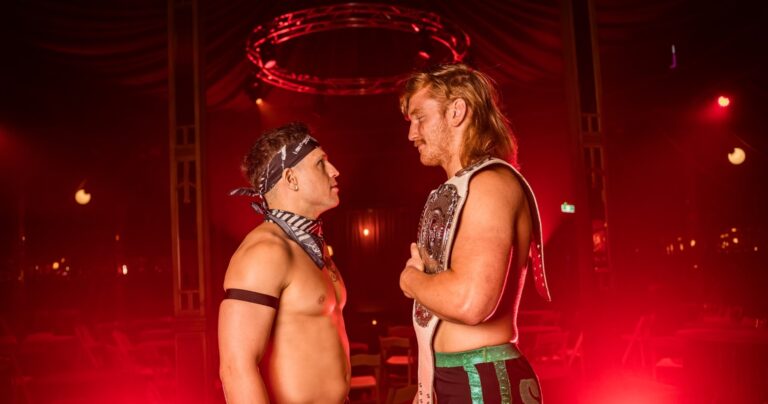
Local Boy Makes Good: Anthony Albanese talks his journey from Camperdown to Canberra
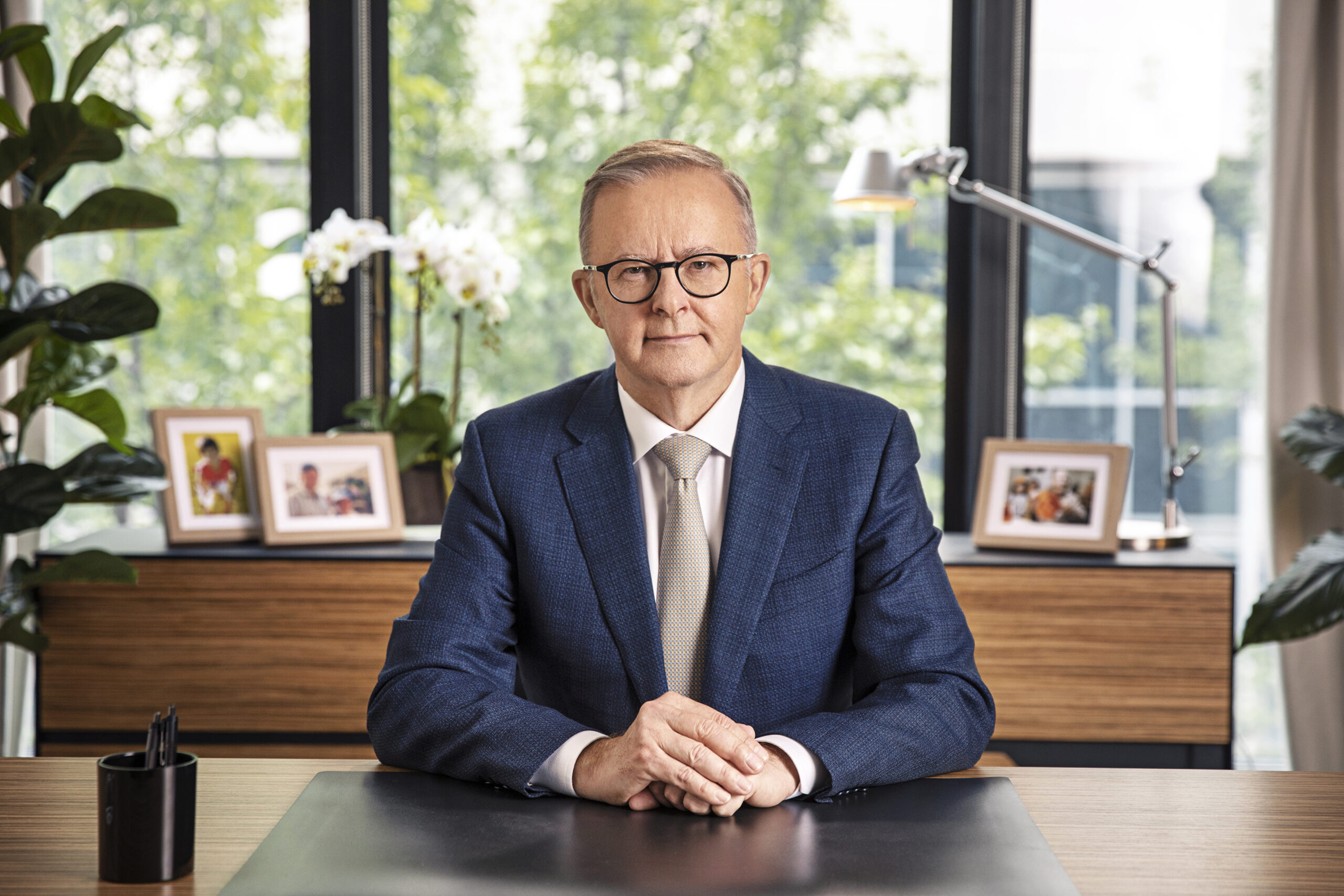
Image: Anthony Albanese (pictured) will be entrusted with leading the country if Labor wins the upcoming election. Photo: Supplied.
By DANIEL LO SURDO
Anthony Albanese’s entry into public life seemed as much destined as it was desired.
He was raised in an inner-city public housing estate by his single mother Maryanne, who suffered from rheumatoid arthritis and survived on the disability pension all her life.
In 1984, he was the first person in his family to finish either high school or university, graduating from the nearby University of Sydney with a Bachelor of Economics. Twelve years later, he was elected as the federal member for Grayndler, a position he still holds today.
In less than two weeks’ time, the kid from Camperdown could be the chief in Canberra, but it isn’t a proposition that Albanese says will let him lose sight of home.
“I have never taken the people of Grayndler for granted,” Albanese tells City Hub when asked how he can assure his constituents of his attention if he does take the top job.
“I love this community and I will never stop fighting for it.”
While travelling to all corners of the continent, Albanese and his team have been sure to make regular returns to home base. On the campaign trail, he has been spotted fielding press conferences at the Marrickville Addison Road Community Organisation, taking selfies at the Orange Grove Public School markets in Lilyfield, and at Henson Park, where he promised $2.5 million for the precinct if he can form a government.

While many aspiring politicians get parachuted into an electorate or decide to escape their childhood surroundings to redress themselves for the public eye, Albanese has never drifted far from the old housing estate on Pyrmont Bridge Road.
Since purchasing a two-bedroom, semi-detached Marrickville home in 1990, Albanese has never really left the area. But just as property prices change (he bought the place for $146,000 back then), so do electorates.
The Grayndler division was created in 1949 and had been largely populated by post-war migration, with the area’s working-class profile finding instant favour with the Labor Party. When Albanese won the seat on his 33rd birthday in 1996, gentrification across the inner-city was starting to turn the area into one of the shinier parts of town, bringing with that a new type of voter that Labor had to accommodate.
Today, median weekly incomes in Grayndler are significantly higher than the national average, with almost 60 per cent of constituents born in Australia and over 38 per cent working as professionals. Yet, Labor has never been troubled when gaining the approval of the Inner West, with their support only widening over time. While he acknowledges that the electorate has changed substantially in his 26 years as the member, he says that it’s “really important” that it’s kept its multiculturalism.
“We have emerging communities from the Pacific and from Africa, joining the Italians in Leichhardt and Haberfield, the Greeks and the Vietnamese in Marrickville, the Portuguese in Petersham and the Chinese in Ashfield,” Albanese said.
“While there are very distinct culturally and ethnically diverse communities in Grayndler, we are also a very harmonious community.”
When discussing the biggest issues facing the electorate today, he takes the opportunity to shift back to Canberra, saying that cost of living pressures and housing affordability haven’t been properly addressed under Scott Morrison.

While it’s all but certain that Albanese will be voted back into parliament, his path to the prime ministership is much less defined. To form a majority government (76 seats) in the House of Representatives, Albanese and Labor will need a net gain of seven seats across the country, while the government must offset any losses with wins in other electorates.
The incumbency advantage has been on full display in Morrison’s campaign, where he has encouraged voters to stick with a familiar face during uncertain times and has fanned talk questioning his opponent’s economic credentials and competency for the job. This has been a feature from day one of official election campaigning, when while visiting Launceston, Albanese was unable to name the unemployment rate and the Reserve Bank’s official interest rate.
After a parliamentary term largely remembered for the government’s lacklustre pandemic, bushfire and flood response, Albanese envisions a future where “no one is held back and no one is left behind”.
“Australians deserve better than we have had under Scott Morrison, who has avoided responsibility at every opportunity,” he said.
“Labor is committed to governing and changing the country for the better, because it needs to change.”
Last month, Morrison became the first prime minister to survive a full term since John Howard. Wedged between the pair are four leaders whose reigns were cut short by their own sides, including Kevin Rudd and Julia Gillard, of which Albanese was party to both, even becoming Rudd’s deputy prime minister after the 2013 leadership spill.
Now, Albanese says he will “look to unify, not divide” as prime minister.
“We need a government that’s focused on Australia’s interests, not focused on fighting each other,” he said.

